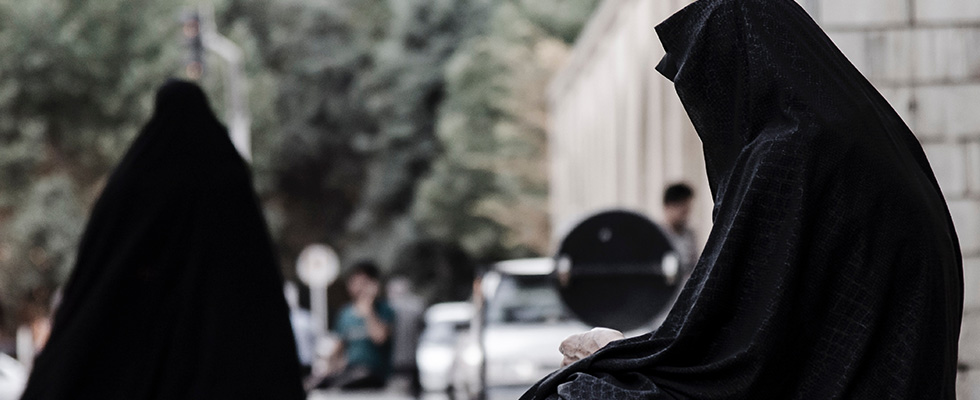It’s reported that since 2001, Islamic terrorists have carried out more than 32,000 deadly attacks. Just in the past month there have been 133 attacks in 20 different countries, causing 2,013 deaths and 1,123 injuries.
Yet often, whenever an Islamic terrorist attack takes place, many are quick to defend Islam by insisting violence fundamentally contradicts the Muslim faith. So, if Islam is a Religion of Peace, why are so many terrorist attacks committed by Muslims?
In the following video, David Wood explains:
Muslims in the West are quick to point to passages such as Quran 109:6 (“You shall have your religion and I shall have my religion”) and 2:256 (“There is no compulsion in religion”) as evidence that Islam is a religion of peace. When confronted with harsher passages such as 9:5 (“Slay the idolaters wherever you find them”) and 9:29 (“Fight those who believe not in Allah”), Westernized Muslims interpret these verses in light of the more peaceful teachings of the Quran, typically saying something like: “Well, the Quran can’t be commanding us to kill unbelievers, since it says that there’s no compulsion in religion.”
Hence, Westernized Muslims pick the verses of the Quran they find most attractive, and they use these verses to sanitize the rest of the Quran. But is this the correct way to interpret the Quran?
Unfortunately, the answer is no. The Quran presents its own method of interpretation—the Doctrine of Abrogation.
Quran 2:106—Whatever verse we shall abrogate, or cause [thee] to forget, we will bring a better than it, or one like unto it. Dost thou not know that God is almighty?
According to the Quran, then, when Muslims are faced with conflicting commands, they aren’t supposed to pick the one they like best. Rather, they are to go to history and see which verse was revealed last. Whichever verse came last is said to abrogate (or cancel) earlier revelations.
What happens when we apply this methodology to Quranic verses on peace and violence? In “Jihad Explained: Understanding the World’s Deadliest Doctrine,” Christian apologist David Wood and former Muslim Al Fadi discuss the issue.





















